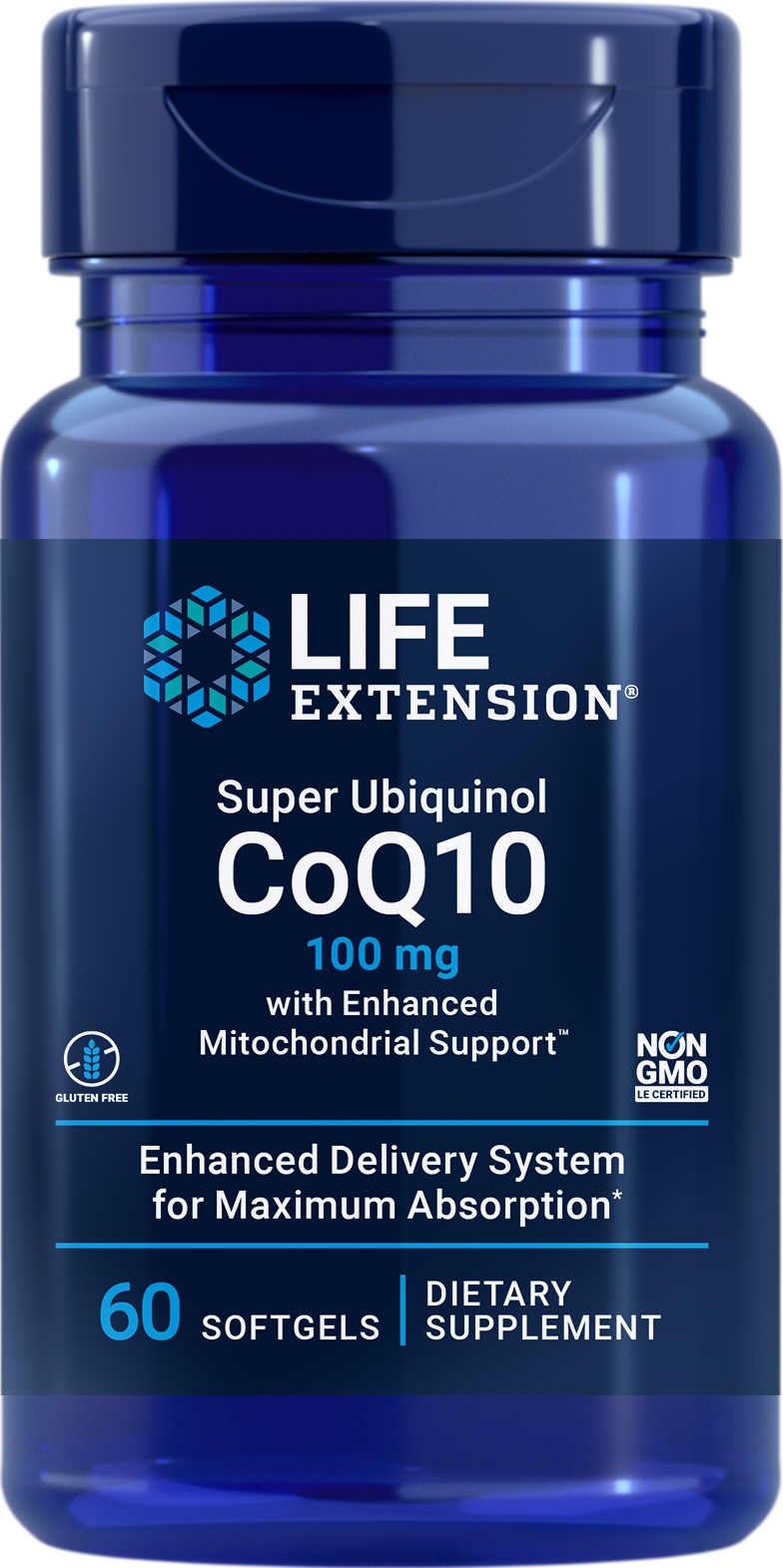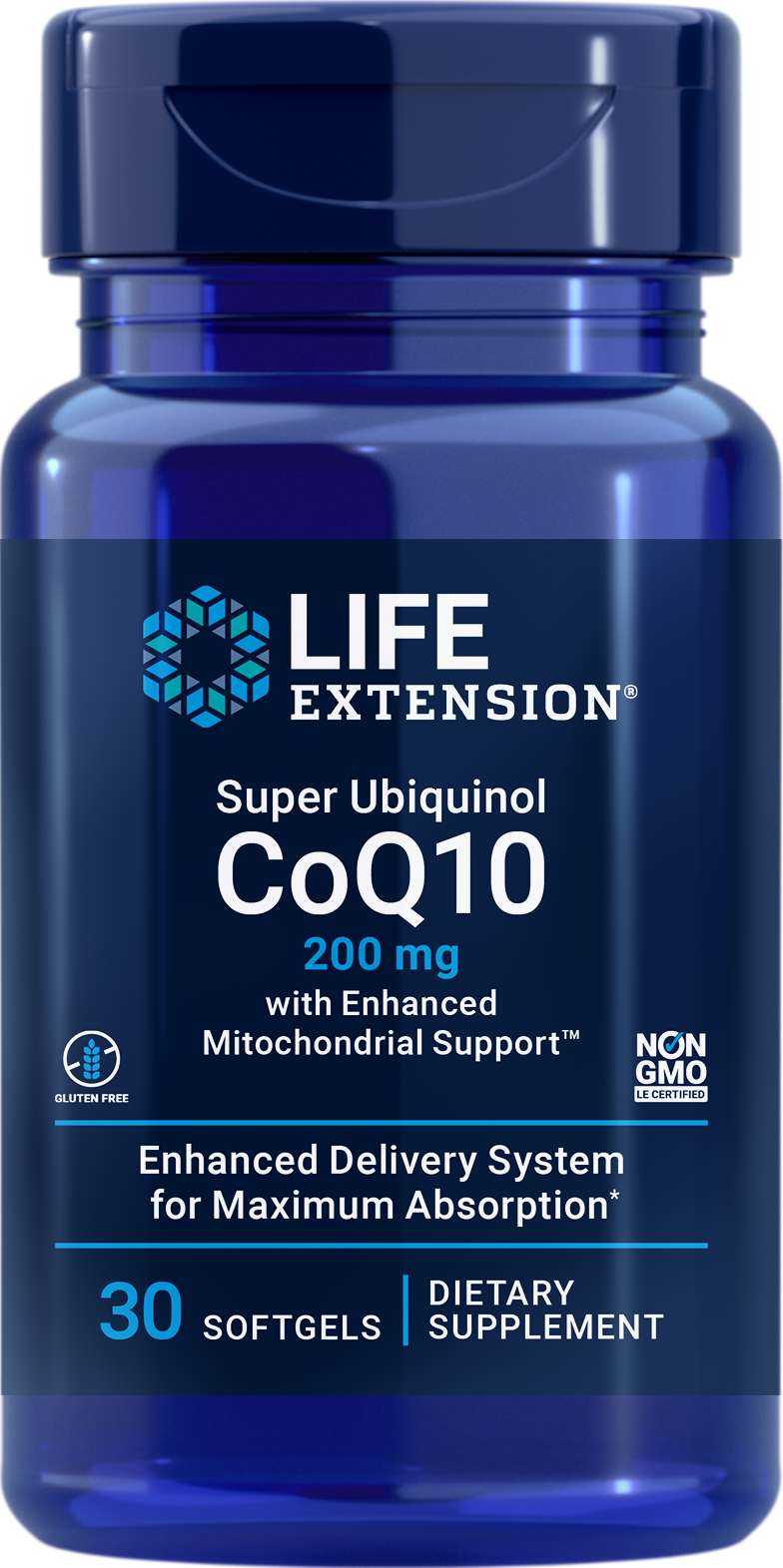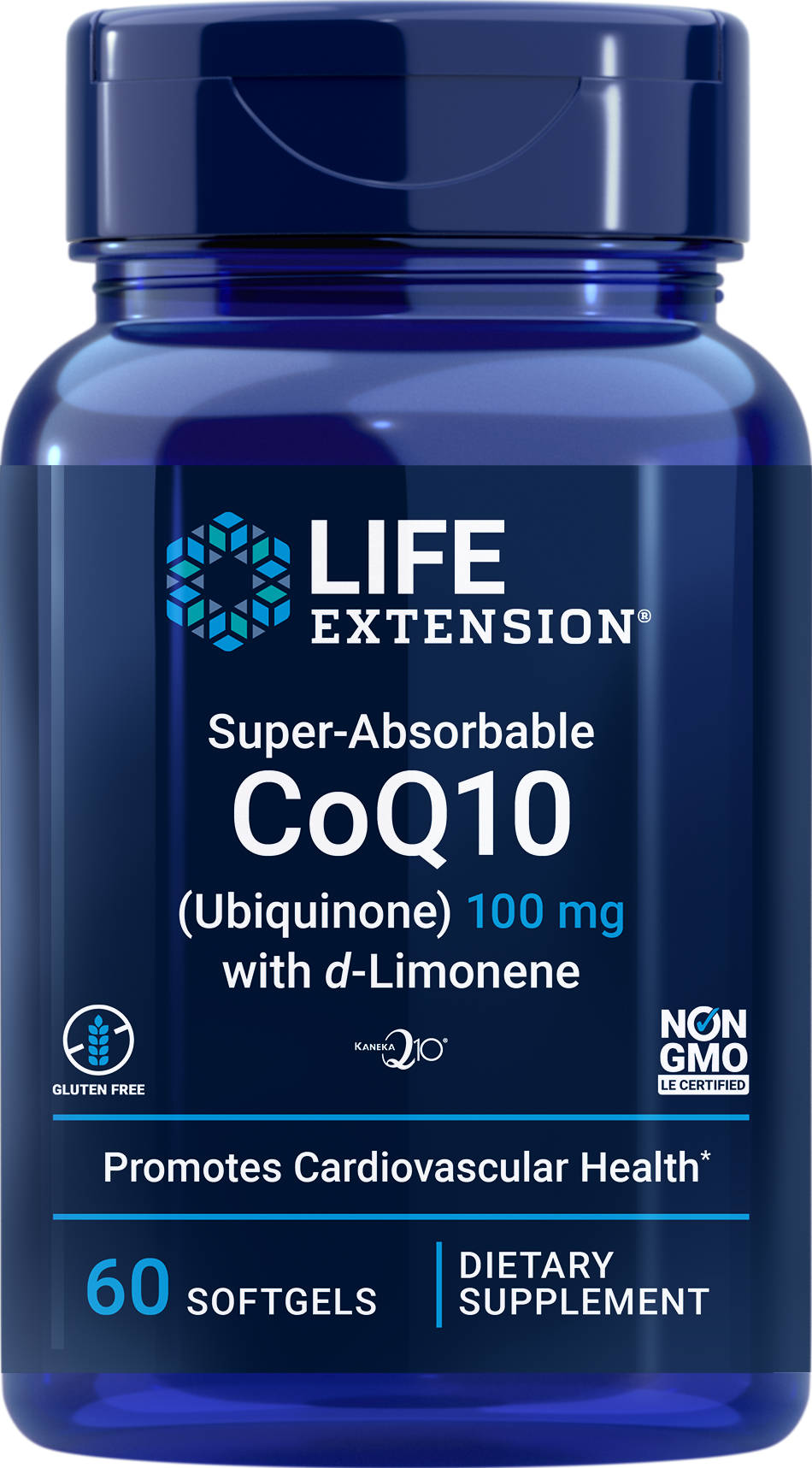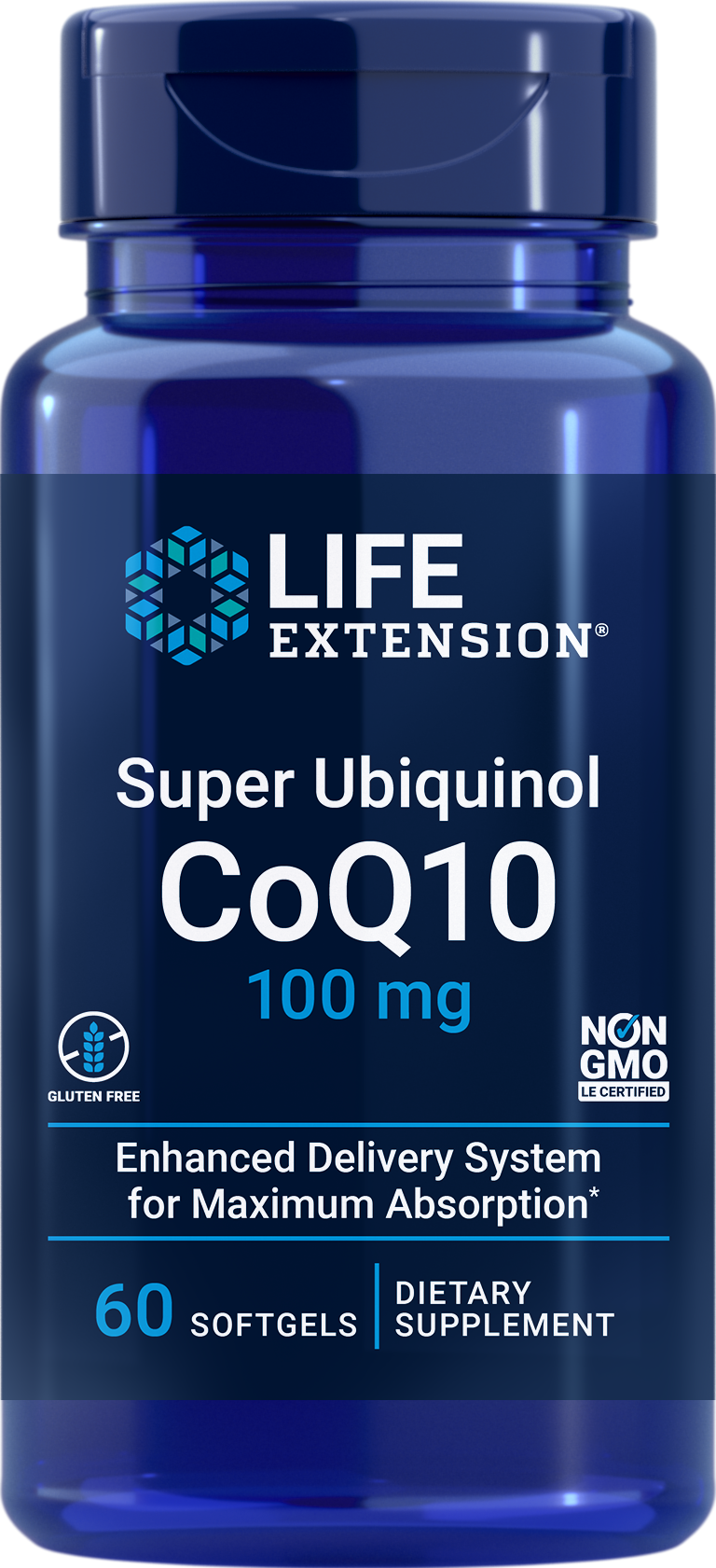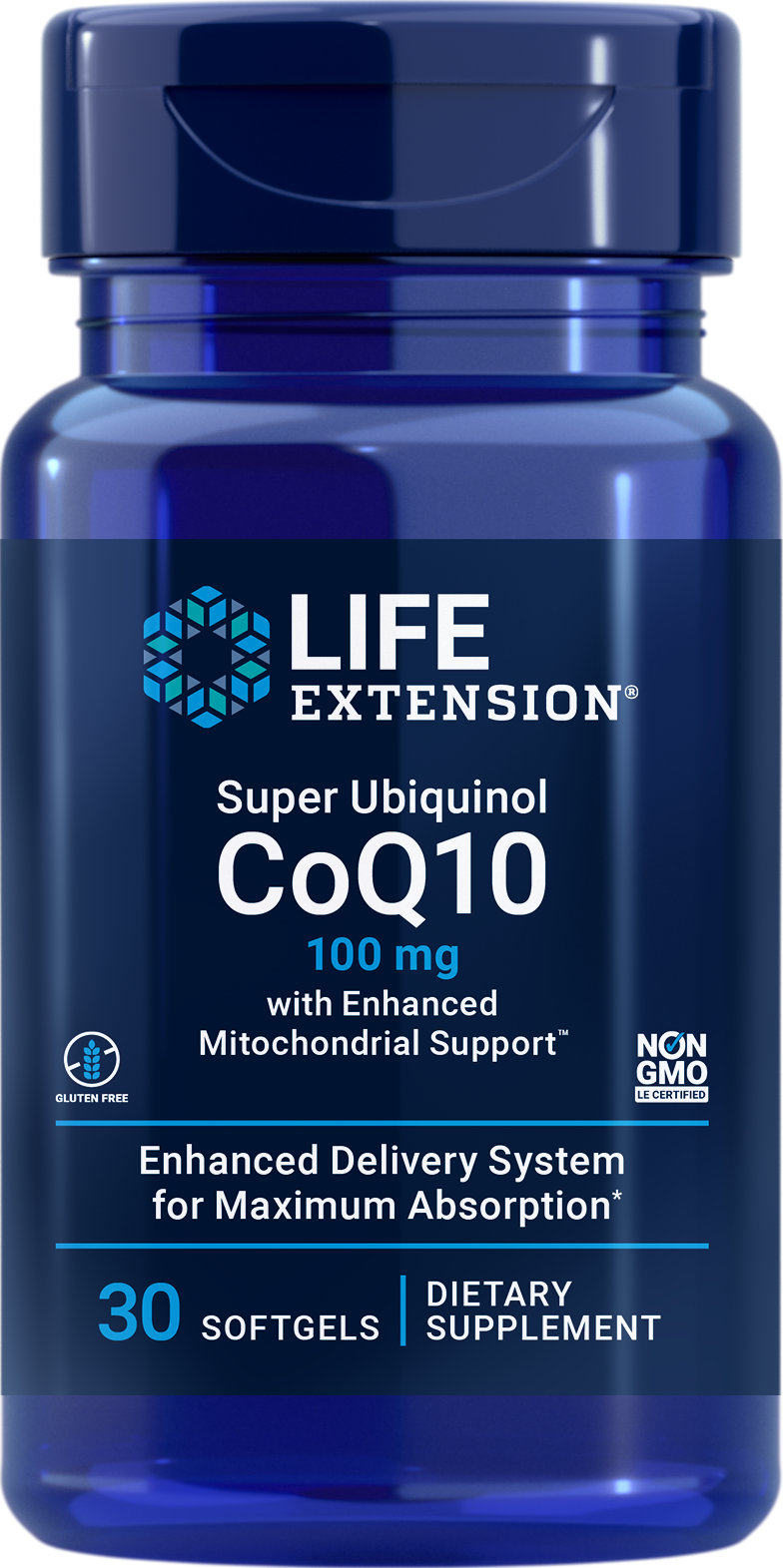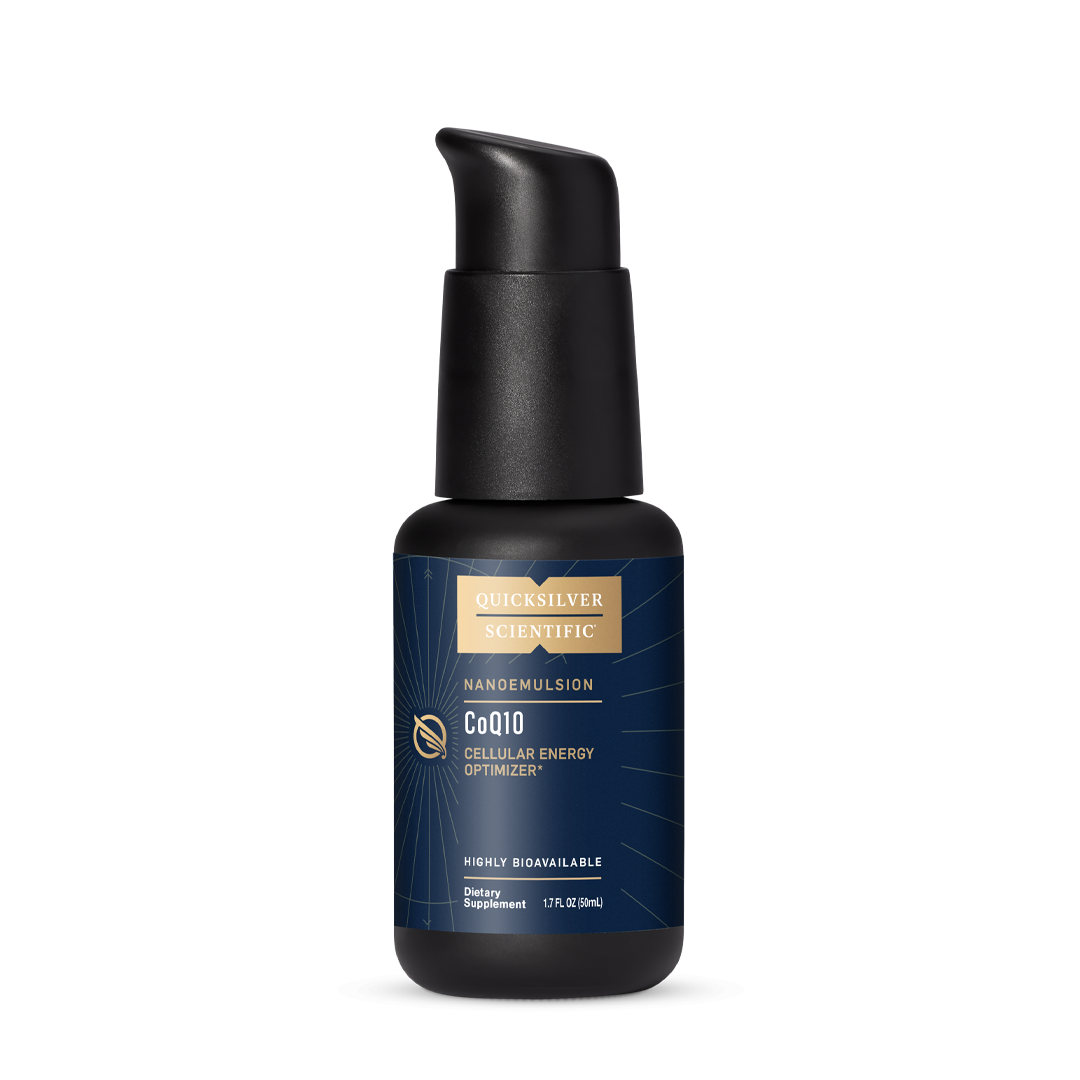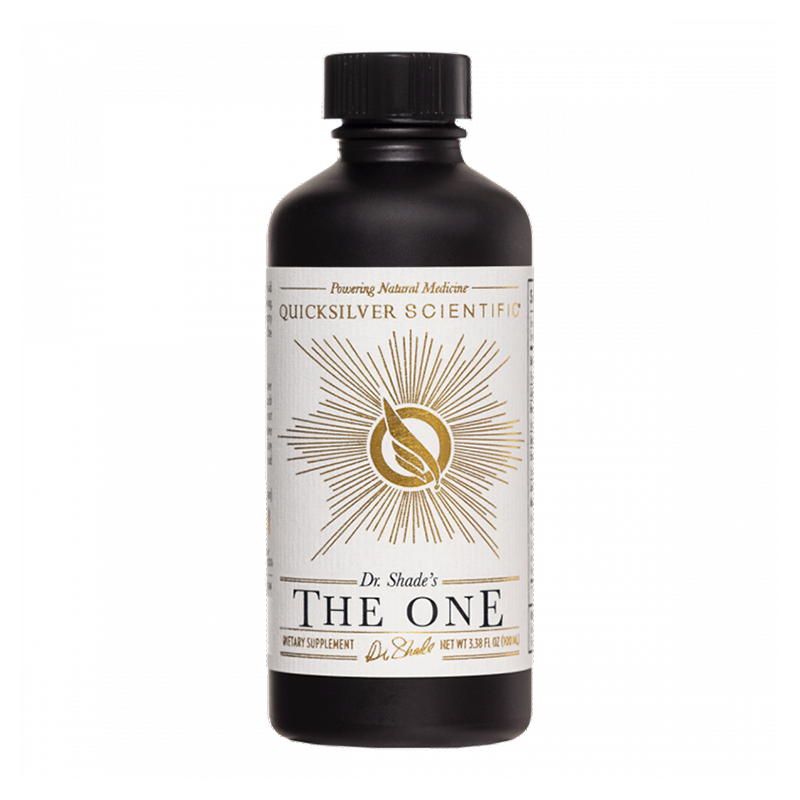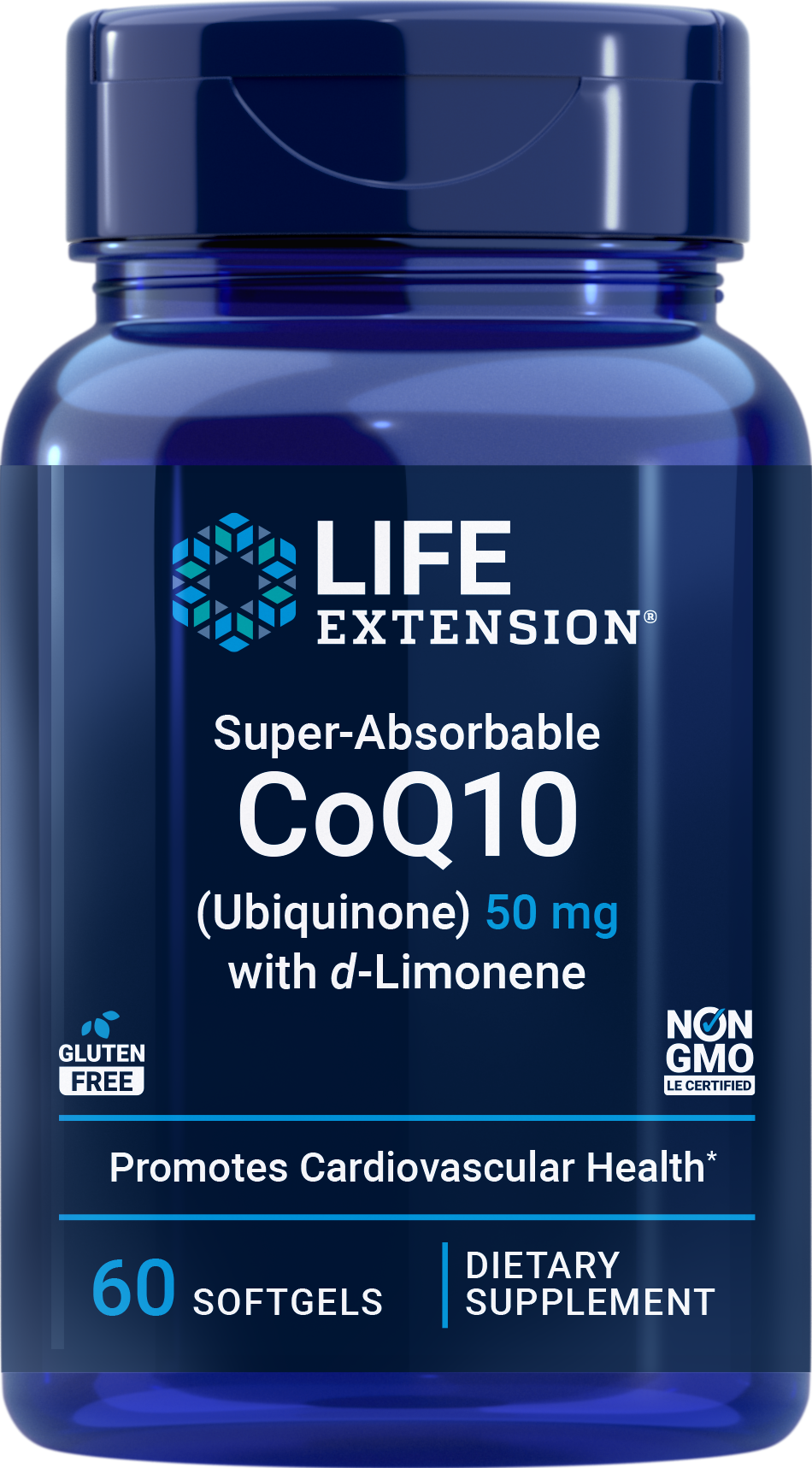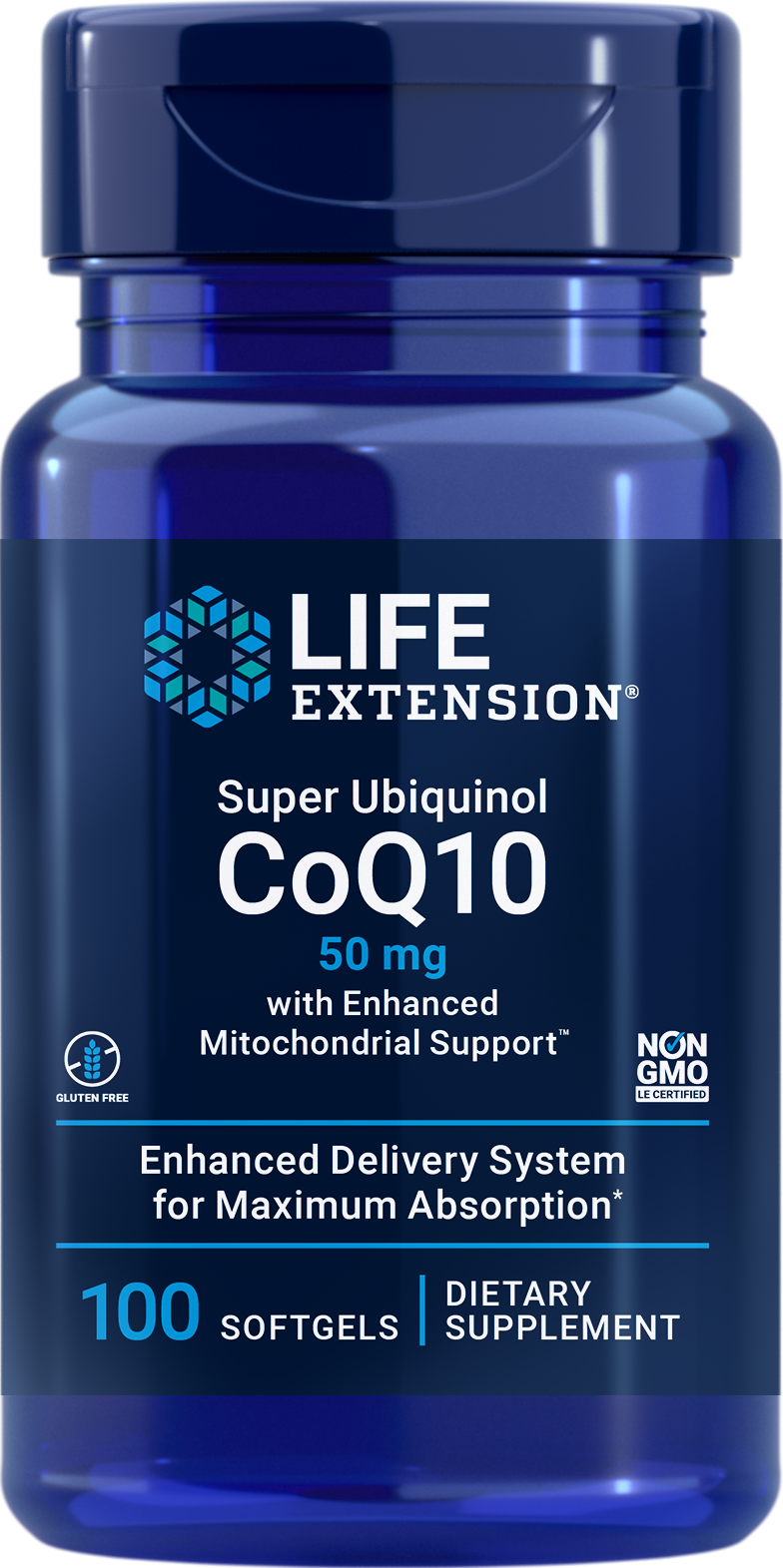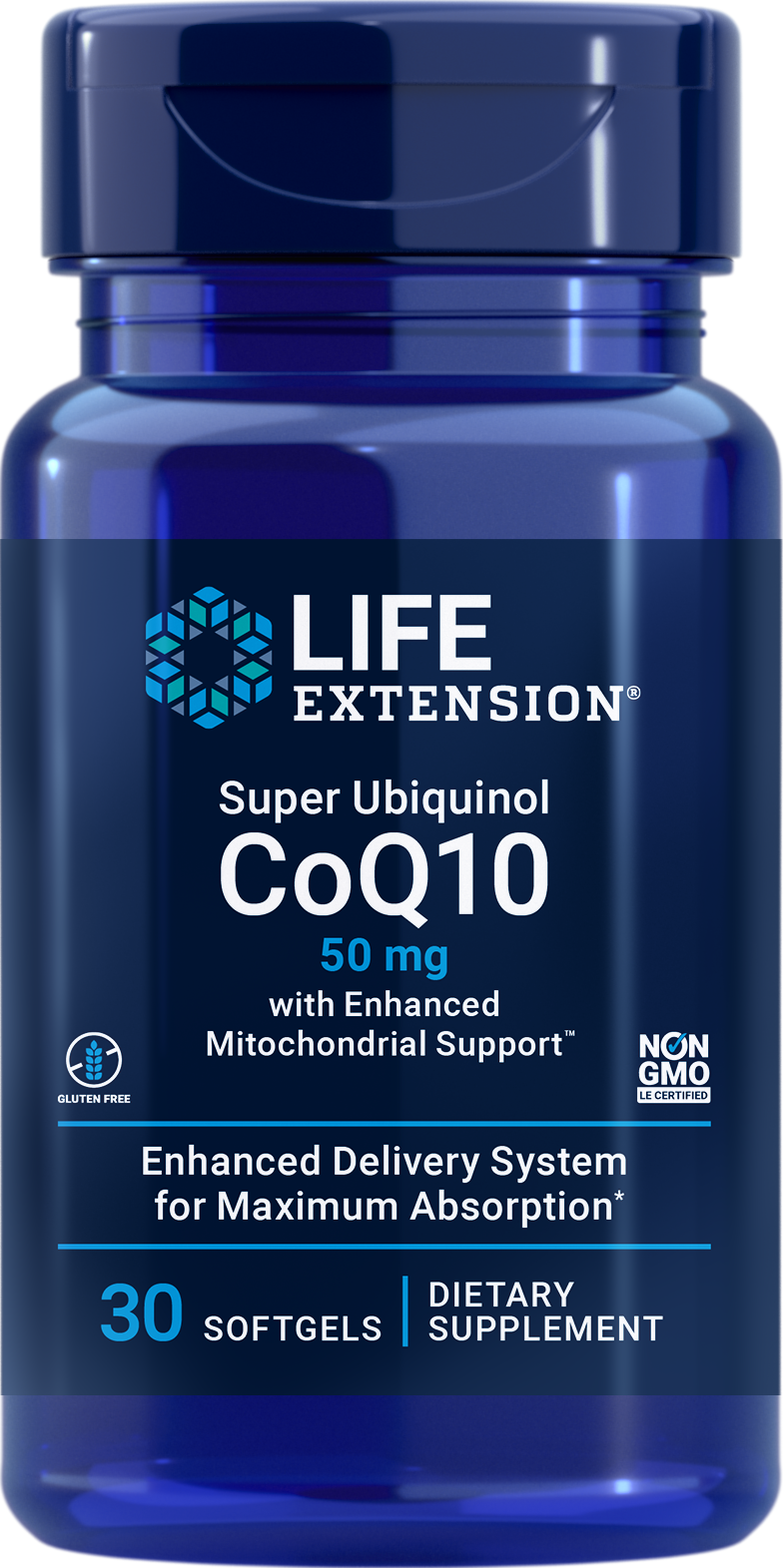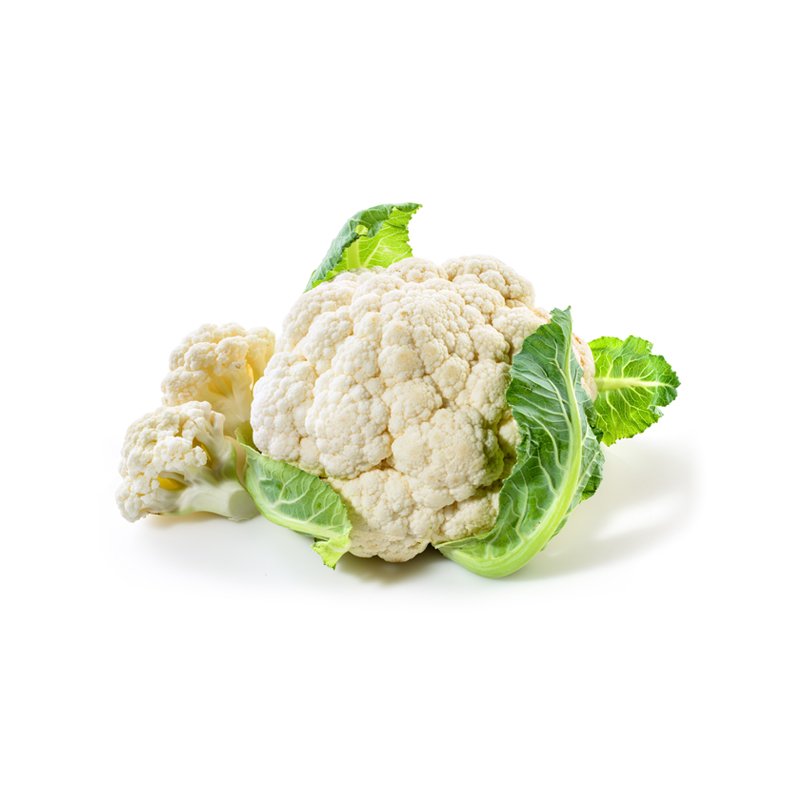
Coenzyme Q10
CoQ10 (Coenzyme Q10) is fueling cellular energy for health and longevity with its powerful antioxidant properties.
CoQ10 is the only fat-soluble antioxidant that is synthesized by our body.
What is Coenzyme Q10?
The mitochondria are the cell's energy powerhouse (responsible for energy production), and the small molecule coenzyme Q10 (CoQ10) is an essential component of healthy mitochondrial function.
CoQ10 is occurring naturally within the body and is required to convert the energy from fats and sugars into usable cellular energy.
Its location in the lipid mitochondrial membranes is particularly important, as mitochondria are the major site of free-radical production, and CoQ10 is an excellent free-radical scavenger.
The CoQ10 Benefits
The multiple advantages of this coenzyme include:
- It's a clinically relevant first-line antioxidant in our defense system against excess oxidative stress.
- CoQ10 is recognized for its potential abilities to reduce and relieve cardiovascular risks, increase blood flow, and protect aging heart muscle.
- It's an essential component of the mitochondrial electron transport chain, the cellular energy production.
- CoQ10 is shown to have protective effects on the brain and nervous system, and it may help protect against neurodegenerative diseases like Alzheimer’s and Parkinson’s diseases.
- Controlled clinical trials have concluded that CoQ10 can lower inflammatory markers.
- CoQ10 is shown to improve blood sugar control and liver function.
- There is evidence for CoQ10's protective effects in diabetes, metabolic syndrome, and kidney health
- Oral CoQ10 is also shown to improve lung function and air flow in asthma patients.
- In preclinical studies, coenzyme Q10 demonstrated the ability to prevent age-related decline in bone density.
- There are other benefits such as reducing skin wrinkles, promoting healthy fertility, and enhancing exercise performance.
Until recently, all supplemental CoQ10 was in the oxidized, or ubiquinone form. Today, it is possible to obtain dietary supplements containing ubiquinol, the reduced form of CoQ10.
Ubiquinol is more bioavailable than ubiquinone. In other words, it has a better absorption rate in its ubiquinol form, and this is especially crucial for those with congestive heart failure.
Moreover, a combination of CoQ10 and shilajit showed a 56% increase in energy production in the brain, 40% better than CoQ10 alone. Additionally, it was shown a 144% increase in energy production muscle cells, so 27% better than CoQ10 alone.
Supplementation of CoQ10
The natural production of CoQ10 declines with age, and deficiency of CoQ10 is linked to increased oxidative stress and mitochondrial decline/dysfunction.
However, oral CoQ10 intake has shown evidence of protecting against the progression of aging (including a decline in vitality, physical performance, and health-related quality of life) and the development of diseases.
In one study CoQ10 was shown to reduce the risk of major cardiovascular events including heart attack, stroke, and death in heart failure patients by 43%.



